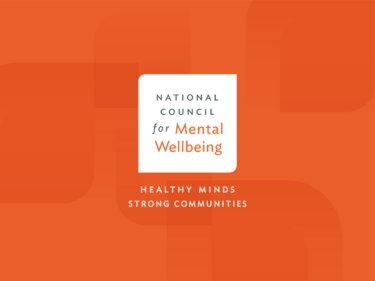“Tuesday’s Senate Finance Committee hearing was a timely acknowledgement that we must do more to help our communities as they grapple with dual mental health and substance use crises – particularly among youth.
“We need to eliminate barriers to access so that those facing a mental health challenge receive high-quality care no matter who they are, no matter where they live. We need to do more to help marginalized populations. We must expand Certified Community Behavioral Health Clinics, which increase access, promote care integration, reduce wait times, expand states’ capacity to address the overdose crisis and provide those services through innovative partnerships with law enforcement, schools and hospitals to improve care, reduce recidivism and prevent hospital readmissions.
“We applaud the Senate Finance Committee’s leadership on this critical issue and the Surgeon General for emphasizing the need for immediate action. We look forward to working with the Senate Finance Committee and other lawmakers as they develop solutions to address the nation’s devastating mental health and substance use crises.
“Our goal is to make mental wellbeing, including recovery from substance use challenges, a reality for everyone. Our hope is that this important work Congress will engage in makes it easier for people to reach that goal.”
About The National Council
Founded in 1969, the National Council for Mental Wellbeing is a membership organization that drives policy and social change on behalf of over 3,400 mental health and substance use treatment organizations and the more than 10 million children, adults and families they serve. We advocate for policies to ensure equitable access to high-quality services. We build the capacity of mental health and substance use treatment organizations. And we promote greater understanding of mental wellbeing as a core component of comprehensive health and health care. Through our Mental Health First Aid (MHFA) program, we have trained more than 4 million people in the U.S. to identify, understand and respond to signs and symptoms of mental health and substance use challenges.


